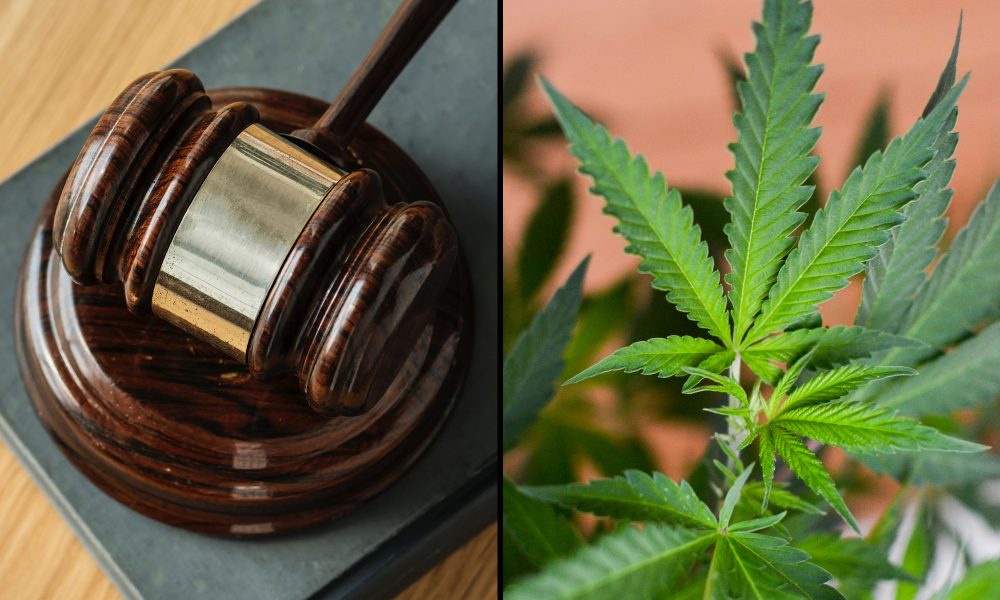Idaho marijuana activists are breathing a sigh of relief after the state Supreme Court on Monday ruled that a law creating a more restrictive petitioning process for ballot initiatives is unconstitutional. The governor signed a bill in April that made it so petitioners would’ve had to collect signatures from at least six percent of registered voters in all 35 of Idaho’s legislative districts, rather than 18 districts under previous rules, in order to qualify for the ballot. That would’ve significantly strained a campaign to place a cannabis legalization initiative—the Personal Adult Marijuana Decriminalization Act (PAMDA)—before voters in 2022. Idaho marijuana activists are breathing a sigh of relief after the state Supreme Court on Monday ruled that a law creating a more restrictive petitioning process for ballot initiatives is unconstitutional. The governor signed a bill in April that made it so petitioners would’ve had to collect signatures from at least six percent of registered voters in all 35 of Idaho’s legislative districts, rather than 18 districts under previous rules, in order to qualify for the ballot. That would’ve significantly strained a campaign to place a cannabis legalization initiative—the Personal Adult Marijuana Decriminalization Act (PAMDA)—before voters in 2022. A separate medical marijuana legalization measure that activists are pushing was unaffected by the policy change because petitioners started collecting signatures earlier and were grandfathered into the original 18-district requirement. In any case, the court unanimously declared that the law, which took effect on July 1, unconstitutionally infringed on residents’ right to petition.
Kyle Jaeger, Marijuana Moment, 08/24/2021 10:39:00

